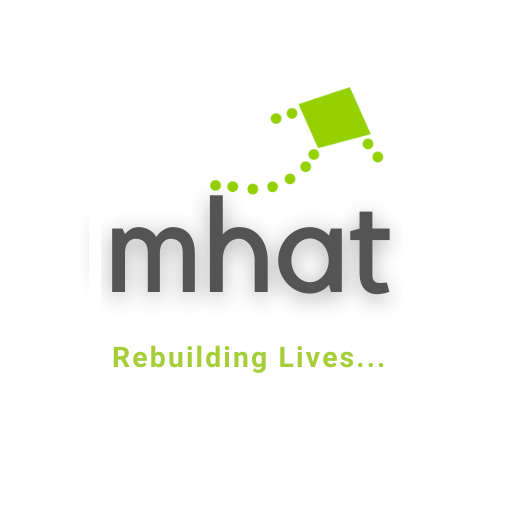MHAT Research Policy
Research Policy GUIDING PRINCIPLES FOR ETHICAL RESEARCH WITH STAFF, PATIENTS, AND FAMILIES OF MHAT
Sajan Raghavan
Last Update 3 jaar geleden
The purpose of this document is to clarify the obligations of individuals who wish to undertake research through or with MHAT.
MHAT is open to research partnerships with graduate and post graduate students, independent researchers and academic institutions and we are committed to following realistic ethical standards.
Of paramount importance to MHAT is the need to ensure that the research benefits the communities we serve and enhances our work in these communities. Equally important is the need to ascertain that the study/project does no harm and risks if any are anticipated and articulated.
The following principles are to be considered by anyone wishing to conduct research through or with MHAT
1 Answers to the research question should contribute to scientific understanding of mental health and illness or improve our ways of preventing, treating, or caring for people with mental illness in order to justify exposing participants to the risk and burden of research.
2. A study should be designed in a way that will get an understandable answer to an important research question. This includes considering whether the question asked is answerable, whether the research methods are valid and feasible, and whether the study is designed with accepted principles, clear methods, and reliable practices. Research done without taking these into consideration can waste resources and expose people to unnecessary risks
3. Potential participants should be allowed to make their own decision about whether they want to participate or continue participating in research. This is done through a process of informed consent in which individuals (1) are accurately informed of the purpose, methods, risks, benefits, and alternatives to the research, (2) understand this information and in the case of patients, how it relates to their own clinical situation or interests, and (3) make a voluntary decision about whether to participate or not.
4. Individuals should be treated with respect from the time they are approached for possible participation — even if they refuse enrollment in a study — throughout their participation and after their participation ends.
This includes:
• respecting their privacy and keeping their private information confidential
• respecting their right to change their mind, to decide that the research does not match their interests, and to withdraw without consequences to their continued engagement with MHAT or without any other penalty
• informing them of new information that might emerge in the course of research, which might change their assessment of the risks and benefits of participating
• monitoring their welfare and, if they experience adverse reactions, unexpected effects, or changes in clinical status, ensuring the key contact from MHAT is informed and appropriate support is arranged. If and when necessary the participant might need to be withdrawn from the study.
• compensating them for their participation, if necessary, after discussion with MHAT
• informing them about what was learned from the research
5. MHAT does not accept any research proposals that are primarily for biological studies nor does it accept proposals for research that is funded by pharmaceutical companies.
6. All prospective researchers must submit the final research proposal to MHAT before they commence the study. Clearance from the MHAT Research Ethics Committee (MHAT-REC) is required especially for those parts of the research that involve MHAT directly.
The proposal should include any information sheets and consent forms designed for the participants and clearly state any requirements of the researcher for resources such as interpreters/ translators/space/transportation or specific equipment/materials. These could be made available if possible.
All researchers will be assigned a key contact person from MHAT.
7. As the MHAT-REC does not have regular planned meetings, it is up to the researcher to enquire and ensure that they have enough time allocated for this approval process.
8. MHAT must be acknowledged in publications that arise from any research undertaken at MHAT. In addition researchers have to abide by any agreements made to include the names of any of the staff of MHAT, who have made a significant contribution to the study, as co-authors.
